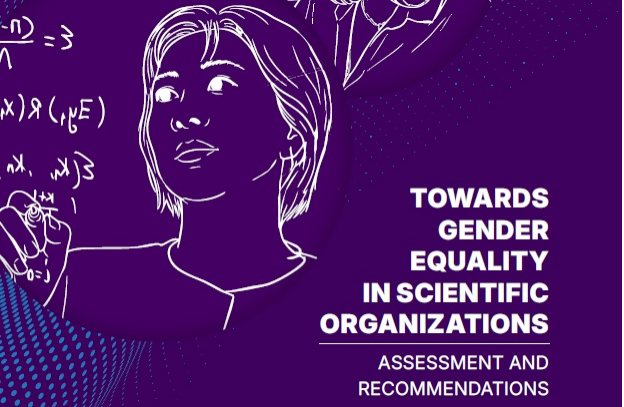The Open Data for Resilience Initiative (OpenDRI) has launched its first newsletter to keep readers updated on what’s going on in the world of open data and innovation relating to disaster risk.
The newsletter will feature curated news and events, as well as original tech notes from members of the OpenDRI community. To subscribe, click here.

Started in 2011 by the Global Facility for Disaster Reduction and Recovery, OpenDRI applies the concepts of the global open data movement to the challenges of reducing vulnerability to natural hazards and the impacts of climate change. OpenDRI supports World Bank Regional Disaster Risk Management Teams to build capacity and long-term ownership of open data projects with client countries that are tailored to meet specific needs and goals of stakeholders.
The IRDR Working Group DATA (Disaster Loss Data) project is also known for promoting data sharing and data compatibility, involving a wide range of project partners, from academia, government, business and NGO’s.
The 4th Expert Meeting of the IRDR Working Group DATA last 23-25 February in Delft University of Technology, in the Netherlands resulted to the publication of DATA report No. 2: Guidelines on Measuring Losses from Disasters: Human and Economic Impact Indicators. The publication was presented in the IRDR public forum event last 15 March by DATA Chair Susan Cutter at the 3rd World Conference on Disaster Risk Reduction in Sendai, Japan.





